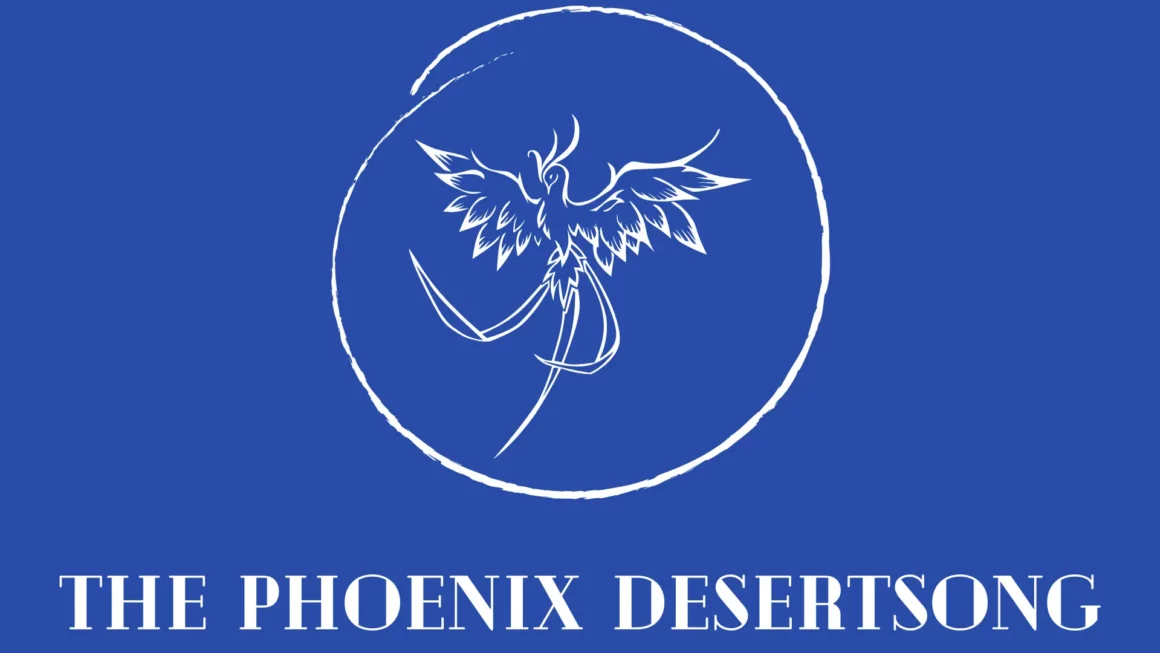Early in my childhood, a small green puppet turned my life upside down. I remember sitting there as a very young child watching Star Wars: The Empire Strikes Back as Yoda told Luke Skywalker: “You must unlearn what you have learned.” This distilled wisdom of the ages was delivered by a puppet that looked like a cross between a toad and an aging prune. Still, somehow, that little cryptic nugget stuck with me, haunting my thoughts every time I encountered something that didn’t quite add up. “Unlearn what you have learned.” Well, that’s easier said than done, Yoda.
But the truth of that statement is as powerful as the Force itself. Seriously, how much of what we “know” is just stuff we’ve been taught to accept without question? Yoda’s words pushed me down the path of asking why about everything. Why do we believe this or that? Is this “truth” the result of some inherent universal law, or is it simply a product of collective human laziness, repetition, or authority?
So, as Yoda was inspiring Luke to tap into his Jedi potential, he inspired me to figure out that most of life is about clearing out the mental clutter. He made me realize that the hardest part of any journey isn’t learning new things—it’s letting go of the old, useless baggage we’ve been hauling around since childhood.
Unlearning is a bit like peeling a banana that’s already been sliced in half. Soon as you dig a bit deeper about something, everything unravels and there seems to be no good answer at all for what we believe. This is why the ability to unlearn is perhaps the most underappreciated art form of them all. But rising above our indoctrination is an absurdly difficult challenge, requiring us to first recognize that the steps we’ve been taught are, in fact, completely out of rhythm with reality.
Think back to your earliest days of formal education. Remember when they told you that Christopher Columbus discovered America? I distinctly recall the look of confusion on my teacher’s face when I asked, “Discovered it for who?” Of course, I was promptly laughed at and silenced, much like those inconvenient truths of indigenous history were neatly swept under the rug of “progress.” That’s how it begins—those little nuggets of ‘truth’ fed to us like they’re the gospel, only for us to later unlearn them when we gain enough perspective (and sarcasm) to see through the charade.
Unlearning isn’t just about questioning what we’ve been taught. It’s about realizing how bizarre and downright absurd some of these beliefs are. Take, for example, the idea that Pluto is a planet. Then it wasn’t. Then it might be again. I feel for Pluto, truly—a celestial object trapped in our ever-shifting need for categorical neatness. If planetary classification is this unstable, imagine what that says about the certainty of any other “truth” we hold dear.
I could give you countless historical examples of individuals who only achieved greatness by daring to unlearn the garbage of their time. One of the most famous examples is Copernicus, who had to unlearn the entire geocentric model of the universe to inform the world that, in fact, we weren’t the center of anything. Galileo had the same unlearning task, only to be rewarded with house arrest because apparently the Church wasn’t ready for that spoiler. The moral of the story is that unlearning doesn’t always win you friends and often makes you enemies – but in the end, you’ll likely be proven correct.
On a more personal note, I spent my formative years firmly believing in the adage “blood is thicker than water.” It’s a comforting thought—that family, by virtue of shared genetics, is the ultimate support system. Yet, the older I get, the more it seems that while water may not be thick, it’s incredibly refreshing, especially when your ‘thicker’ relatives turn out to be masters of disappointment and guilt-tripping. You can thank the need for unlearning that concept for why I now choose my friends like I’m stocking an emergency bunker.
We’ve all encountered teachings that now seem utterly ridiculous in hindsight. The food pyramid, for instance, urged us to eat 6 to 11 servings of bread a day, turning us all into mini carbohydrate fiends with a side of guilt for eating butter. Why was this widely accepted? How did we just go along with it? Well, much like obedient little ducks, we waddled in line without questioning the supposed experts.
So, why do we cling to these outdated, sometimes harmful teachings? That’s because unlearning is deeply uncomfortable, and comfort is the drug we’re all addicted to, whether we like it or not. Seriously, who wants to realize that they’ve been fundamentally wrong about something? Not I nor anyone I know. But unlearning is necessary if you want to transcend the taught beliefs that have been holding you back, and honestly, most of them are nonsense anyway.
Actionable Advice: Satiating Curiosity and Tempering Uncertainty
So, how does one embark on this grand, maddening journey of unlearning? First, be open to welcome discomfort. It’s much like that feeling you get when you’re wearing shoes a size too small, but you don’t want to admit they don’t fit? Well, sit and bask in that discomfort, because questioning long-held beliefs feels a lot like tight shoes. It can be awkward and painful, but it’s necessary if you ever want to walk properly again.
Next, satiate your curiosity like it’s the only thing standing between you and complete mental stagnation; honestly, it probably is. Ask questions about everything, especially the things that seem most certain. “Why?” is the operative word here. Why do we insist on arbitrary social rules? Why is there a charge for extra guac? Why can’t we challenge what’s been deemed ‘truth’ just because it’s uncomfortable?
Finally, be open to the idea that you don’t know everything and that’s perfectly fine. In fact, embracing uncertainty is what makes our lives interesting. When you let go of the need to have all the answers, you’ll start to see how laughably little we truly understand about anything. It’s quite liberating. Suddenly, there’s no pressure for you to have it all figured out, which frees up your mind to focus on what really matters—like unlearning the habit of overthinking whether Pluto’s a planet again.
The art of unlearning is an ongoing practice in curiosity, humility, and of course, absurdity. It’s the conscious understanding that for every “truth” we cling to, we also understand that there’s likely an equally plausible, yet totally contradictory, version lurking just around the corner. So, while your new unlearning shoes are going to hurt before you get used to them, once you embrace unlearning, you’ll be dancing circles around those still clinging to their outdated beliefs. Just maybe, you’ll soon learn to appreciate the beauty of stepping out of line.
~ Amelia Desertsong



One thought on “The Art of Unlearning”
Comments are closed.